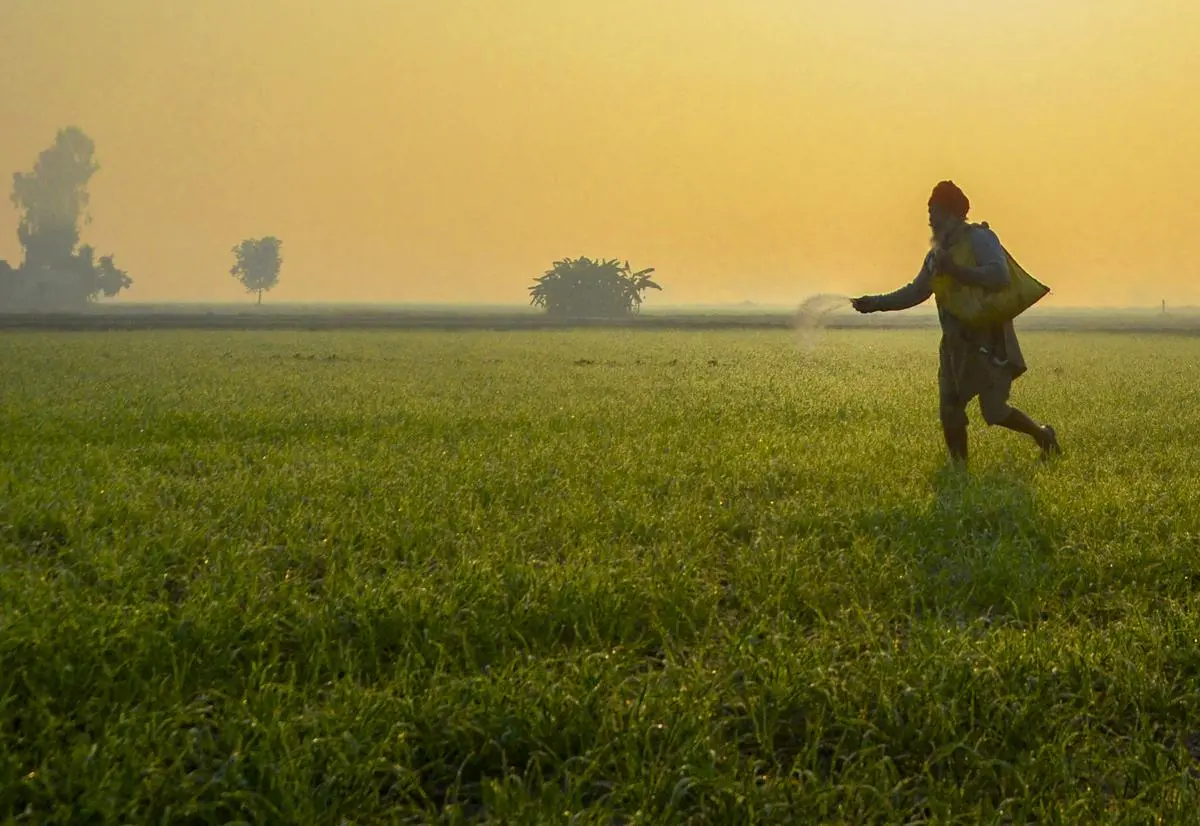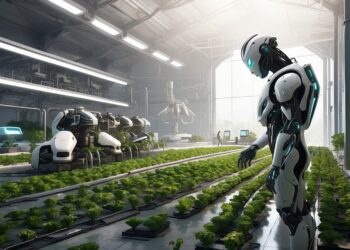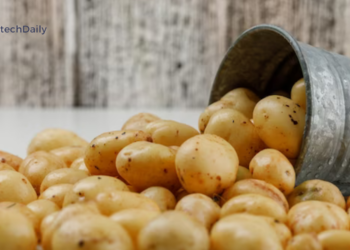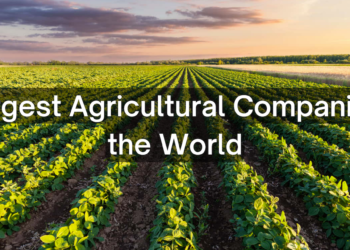Food security and sustainability have become major concerns for the global community in recent years. With the increasing global population, the demand for food production is at an all-time high, and the need for efficient and sustainable food production methods is more pressing than ever. Technology has an important role to play in ensuring that food is produced in a way that is both secure and sustainable.
Food security and sustainability
Food security refers to the availability and access to sufficient, safe, and nutritious food to meet the dietary needs of a population. It involves ensuring that people have access to enough food to lead an active and healthy life. Food security is achieved when all people, at all times, have physical and economic access to adequate and safe food to meet their dietary needs and food preferences.

Food security is influenced by a range of factors, including the availability of food, economic and physical access to food, and the stability of the food supply. It is a complex issue that is influenced by a variety of factors, including agricultural productivity, food distribution systems, and economic stability.
Food insecurity can have serious consequences for individuals, communities, and countries, including malnutrition, poor health, and reduced economic and social well-being. To address food insecurity, it is important to adopt a multi-disciplinary approach that addresses the underlying causes, such as poverty, lack of access to resources, and weak food distribution systems.
Ultimately, food security is an essential component of human well-being and sustainable development. By ensuring that everyone has access to safe and nutritious food, we can contribute to a healthier and more sustainable future for all.
The Importance of Food Security and Sustainability
Food security refers to the ability of a population to access sufficient, safe, and nutritious food to meet their dietary needs. Sustainability, on the other hand, refers to the ability of a food production system to meet the needs of the present generation without compromising the ability of future generations to meet their own needs.
Food security and sustainability are closely linked, as sustainable food production methods are essential for ensuring that food is produced in a way that is both secure and accessible. In addition, sustainable food production methods help to conserve natural resources, reduce the impact of agriculture on the environment, and improve the health of the soil and crops.
The Role of Technology in Food Security and Sustainability

Technology plays an important role in ensuring that food is produced in a way that is both secure and sustainable. Here are some of the ways in which technology is contributing to food security and sustainability:
- Precision Agriculture: Precision agriculture is a farming method that uses technology to collect and analyze data about soil, crops, and weather patterns, to optimize the use of inputs, such as water, fertilizer, and pesticides. Precision agriculture helps to improve the efficiency of food production, reduce waste, and increase yields, contributing to food security and sustainability.
- Smart Irrigation Systems: Smart irrigation systems are designed to conserve water and reduce waste, by providing crops with the right amount of water at the right time. This helps to improve the efficiency of food production and conserve water resources, contributing to both food security and sustainability.
- Automated Farming Systems: Automated farming systems use technology to control and manage the farming process, helping to improve the efficiency of food production, reduce waste, and increase yields. Automated farming systems can be used to monitor soil moisture levels, weather patterns, and other factors that affect the growth of crops, helping to optimize the use of inputs and contribute to food security and sustainability.
- Livestock Management Systems: Livestock management systems use technology to monitor and manage the health and productivity of livestock, helping to improve the efficiency of food production, reduce waste, and increase yields. Livestock management systems can be used to monitor the health of animals, track their feed intake, and monitor their behavior, helping to optimize the use of inputs and contribute to food security and sustainability.
- Artificial Intelligence and Machine Learning: Artificial intelligence and machine learning can be used to analyze large amounts of data, identify patterns, and make predictions about the growth and health of crops and livestock. This information can be used to optimize the use of inputs, improve the efficiency of food production, reduce waste, and increase yields, contributing to both food security and sustainability.
Conclusion
In conclusion, technology plays a crucial role in ensuring that food is produced in a way that is both secure and sustainable. By using technology, farmers can improve the efficiency of food production, conserve resources, and increase yields, contributing to food security and sustainability.
As the global population continues to grow and the demand for food production increases, it is essential that we continue to invest in and develop new technologies that can help to ensure that food is produced in a way that is both secure and sustainable for generations to come.
However, it is important to note that technology is not the only solution to food security and sustainability. It is essential that technology is used in conjunction with other strategies, such as reducing food waste, promoting sustainable agriculture practices, and supporting the development of local food systems. Only by working together, using all available tools and strategies, can we ensure that food is produced in a way that is both secure and sustainable.








